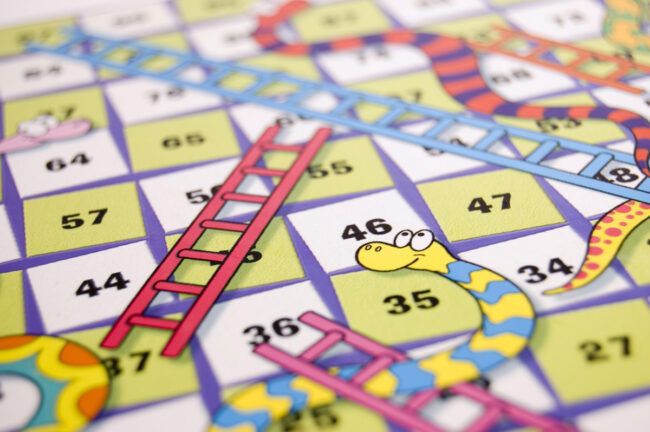
As the old saying goes: nostalgia isn’t what it used to be. In fact, the term was coined in the 1600s, when according to Scientific America, a Swiss doctor Johannes Hofer decided that yearning for the past was actually a brain illness.
Far from being an illness, we now know that recollecting fond moments from the past stimulates multiple parts of the brain, rational and emotional. And most psychotherapists agree that looking back at a simple past can support us when we are living in turbulent times.
Perhaps it’s no surprise then that we’ve found over the past year that demand from the news media for research that touches on or stimulates nostalgia has risen sharply.
We’ve created stories about the return of the family board game, the resurgence in interest in traditional pastimes like crafting and gardening, the bands we’d like to bring back and the childhood dishes we are cooking for our families – to name just a few.
And this nostalgic research is getting coverage for brands – cutting through the doom and gloom and warming the hearts of readers.
Psychotherapists believe that nostalgia can be a way of being positive about your life – by reassuring yourself the past was a pleasant place, you can believe that the future will be too.
So when planning a piece of research based news gen, it might be worthwhile looking backwards, rather than aiming for a future-gazing/ new trends piece.
Want to chat to us about consumer research for your PR, marketing or social campaign? Then get in touch: unleash@gingercomms.com.